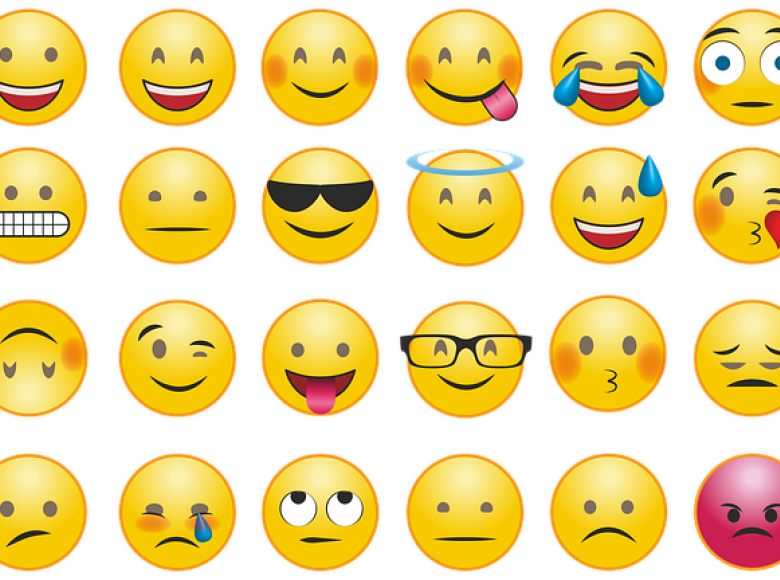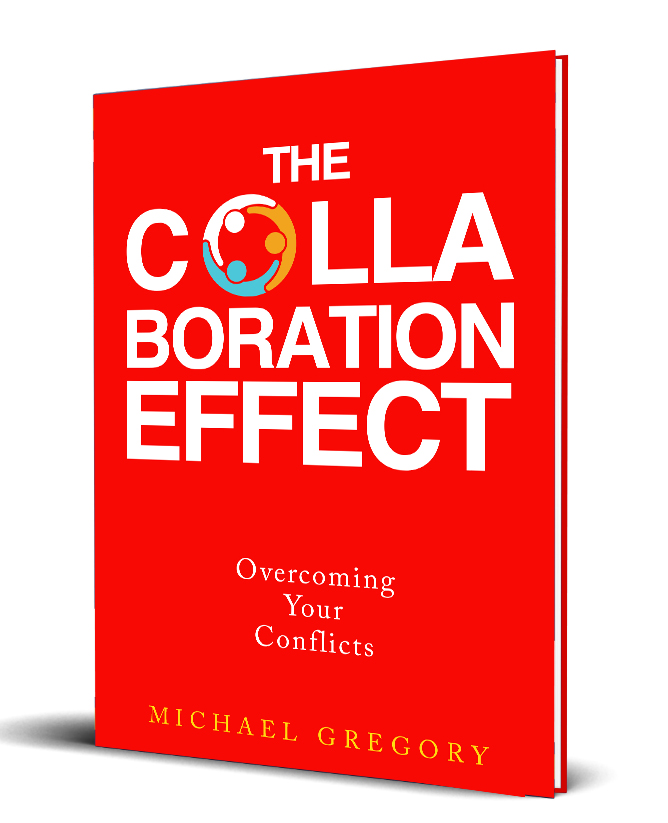
Do you want to be happier, calmer, and more energized? The answer to this question has a direct impact on how you collaborate, address conflict, and disputes, healing, empathy, listening, and leadership. In an article by the Greater Good Science Center at the University of California at Berkeley entitled How Your Life is Shaped by the Emotions You Want to Feel the author, the Managing Editor, Kira M. Newman, shares a series of studies with some enlightening insights. Keys points from that article are summarized here with some personal observations.
Cultural impacts on emotion
In North American culture there tends to be a greater emphasis on high-energy emotions like being enthusiastic, excited, and positive to move on. By comparison East Asian cultures like the Chinese and Japanese tend to emphasize low-energy emotions being calm, confident, and competent. In Eastern cultures seeking peacefulness, harmony, and relaxation are to be admired. Individually we are influenced by our own culture, but we also have made our own adaptations to it individually. The emotions you want to feel shape you, your mental health as well as our society.
What is important to you?
Kids’ books in the U.S. have children with bigger smiles, higher energy, and more action. By comparison children from a Buddhist background may focus more on tranquility. What do you emphasize as important to yourself and to others? Parents translate these emotions to their children too. What is important? Good relationships? Good grades? Winning? Good sportsmanship? Playing calmly? Playing high energy games? Time for personal reflection? Reading?
What are your three top priorities?
List out things that are important to you. Try to accumulate at least ten. Twenty is even better. Cut the list in half. Do this several times until you cut the list down to your top three priorities and reflect on them. For example, you could start with peace, health, family, friends, love, learning, passion, time, purpose, faith, fun, benevolence, compassion, wellness, balance, wisdom, education, water, food, sleep, housing, relationships, and others. Having done this, I selected faith, family, and fun for me. My wife will tell you I have a strange definition of fun with a passion for conflict resolution as a mediator. I really like helping others overcome conflicts. We are all different. What are your top three priories to reflect on going forward?
What about goals?
Do your goals that inspire you and make you happy? Do you see yourself moving forward with your goals? Which goals are positive and keep you going. What are things that distract you and keep you from your goals? Do you try to avoid those? The article points out the following:
“People that valued
- Self-interest and power wanted to feel more anger and pride
- Novelty and exploration wanted to feel more interest and excitement
- Security and tradition wanted to feel calmer and less fear”
With this as background, the question arises, what should you do?
What should you do?
The gap between how you want to feel and how you feel is what matters most. Having appropriate food, hydration, sleep, exercise, and relationships (personal and community) all contribute to your emotional wellbeing. Researchers found “that people who pursued excited feelings tended to feel more anxious and drink to much.” Their goal seemed to want a short cut to good feelings. This can motivate us in healthy ways too. Looking forward to an event, celebrating an accomplishment, rewarding yourself with an activity, sharing happiness with others, and being affectionate, are all constructive ways to feel excited and enthusiastic. Researchers also found those that reframed something in a positive way, even difficult tasks, felt better and absorbed positive feelings.
An interesting anecdote from the article has to do with your attitude towards aging. This can have a self-fulfilling prophecy. Think about how you look at things and how this impacts how you feel about things.
Since 911, covid, global warming awareness, and other events Americans increased how much they value feelings. With more emphasis on feelings, it is important to also find ways to help calm yourself.
One recommended approach to calm yourself is with mindfulness.
This can allow you to go to more relaxing places. The article presented a study where the more you tune into the present the more you are drawn into a feeling of peace. Imagining that you can live a quality of life 20 years longer than you expected can have a positive impact. By taking actions of just 10 minutes a day to sit and experience nature, reflect, pray, meditate, or practice yoga can have a direct impact on calming yourself. Studies confirm this and I can attest that my own personal experiences have helped me.
Journaling on a regular basis can help.
This is one of the five recommendations of the course on happiness offered at Yale University that is free to the public. A study indicated that participants had more balance in their desires for positive and negative emotions when they journaled on a daily basis documenting feelings including negative feelings.
When you accept negative emotions, you see the utility in the emotion. For example, sadness at the loss of a close friend or family member. Experiencing grief and accepting grief is a way of accepting the way you feel. Be compassionate with yourself. Realize that we all come at this with different individual and cultural perspectives. Knowing this be compassionate with yourself as you consider what to do for yourself.
This can make you calmer, better able to handle conflicts and disputes, and give you a higher quality of life all at the same time.
Summary
Given our culture and what is important to you, consider the recommendations presented here. It is your life. Live it to the fullest. Have balance with what is important to you. Let me know what you think. I value your thoughts too.
About the author
Mike Gregory is a professional speaker, an author, and a mediator. You may contact Mike directly at mg@mikegreg.com and at (651) 633-5311. Mike has written 12 books (and co-authored two others) including his latest book, The Collaboration Effect: Overcoming Your Conflicts, and The Servant Manager, Business Valuations and the IRS, and Peaceful Resolutions that you may find helpful. [Michael Gregory, ASA, CVA, MBA, Qualified Mediator with the Minnesota Supreme Court]

